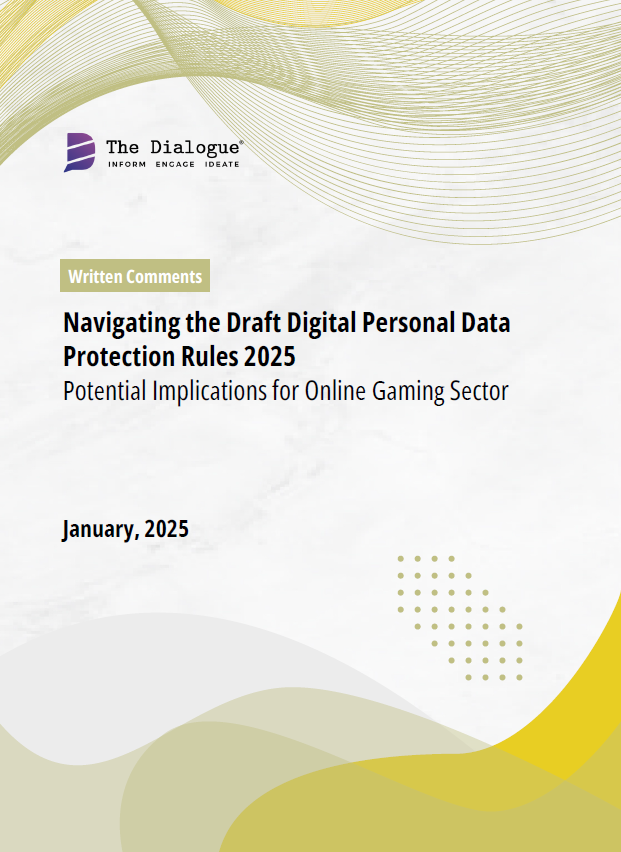Online gaming platforms depend on user data for personalization, multiplayer functions, and in-game purchases. However, with the Draft Digital Personal Data Protection Rules (DPDP Rules) on the horizon, these platforms face increased compliance challenges. Platforms handling sensitive or children’s data may be classified as Significant Data Fiduciaries (SDFs), adding regulatory obligations.
Though the IT Rules are not yet fully implemented, they already impose due diligence requirements under Rule 4(1), tasking self-regulatory bodies (SRBs) with responsibilities such as verification and redressal. The rules also mandate age-gating at 18 for ‘permissible real-money games,’ aiming to enhance user safety. Yet, the DPDP Rules bring stricter data-handling requirements, creating overlapping compliance burdens, including the need for parental consent even for free-to-play games.
India’s young, digitally native population—254 million individuals aged 15 to 24—poses a unique challenge. The DPDP Act’s threshold of 18 years for consent doesn’t align with the evolving online behaviors of this generation. Other legal frameworks, both in India and globally, offer more flexible age thresholds, creating an imbalance in approach.
What does this mean for the future of gaming in India? How will these regulations impact platforms and their user base?
For a deeper analysis of the draft rules and their implications, download our full primer for insights that can help navigate the complex regulatory landscape.
For a more comprehensive understanding of the DPDP Rules and their broader implications, we encourage readers to review our Preliminary Analysis of the Draft Digital Personal Data Protection Rules 2025. This analysis, published by The Dialogue earlier this month, provides an in-depth overview of the draft rules, offering key insights on how they could reshape digital governance across various sectors. You can access it here: Preliminary Analysis of Draft Digital Personal Data Protection Rules 2025.


